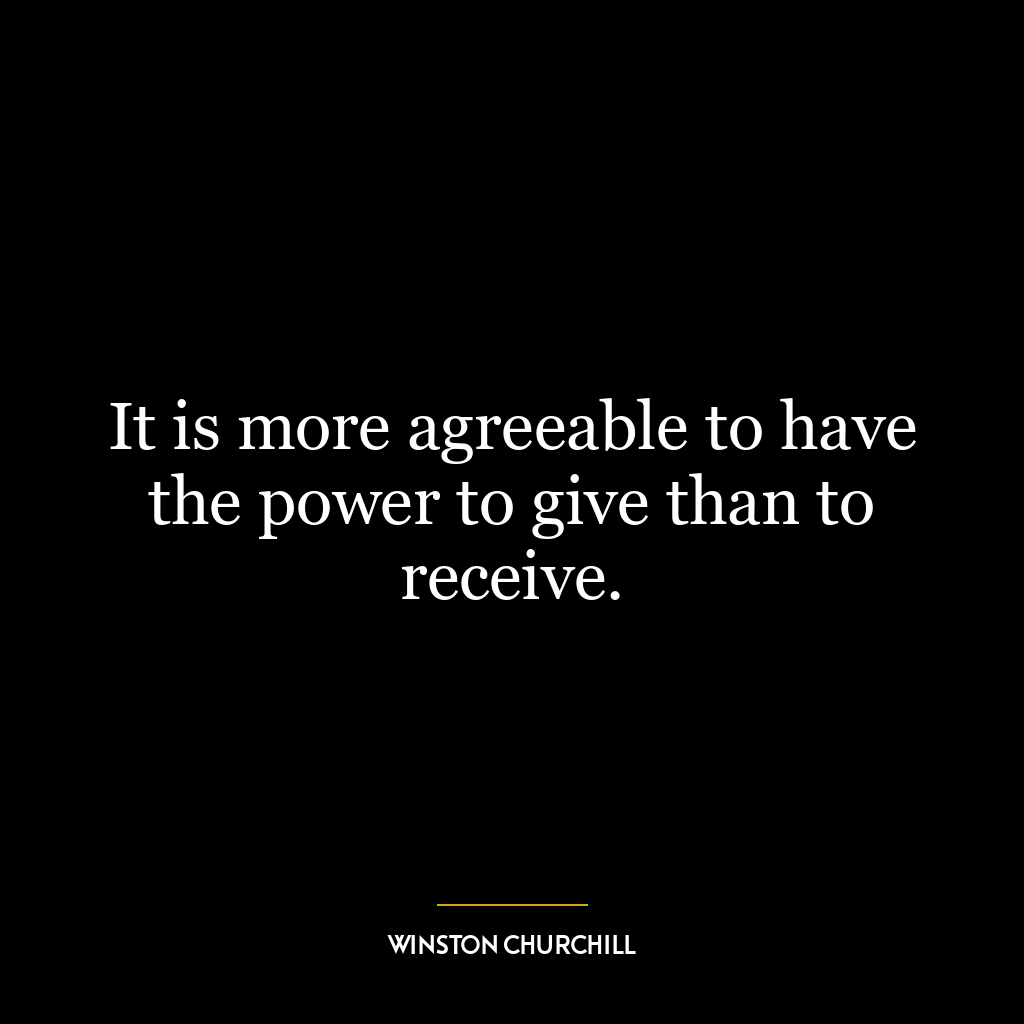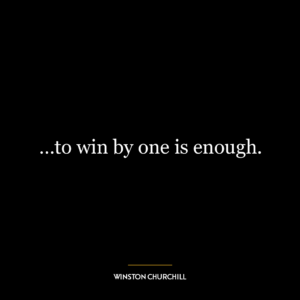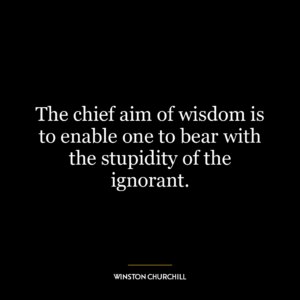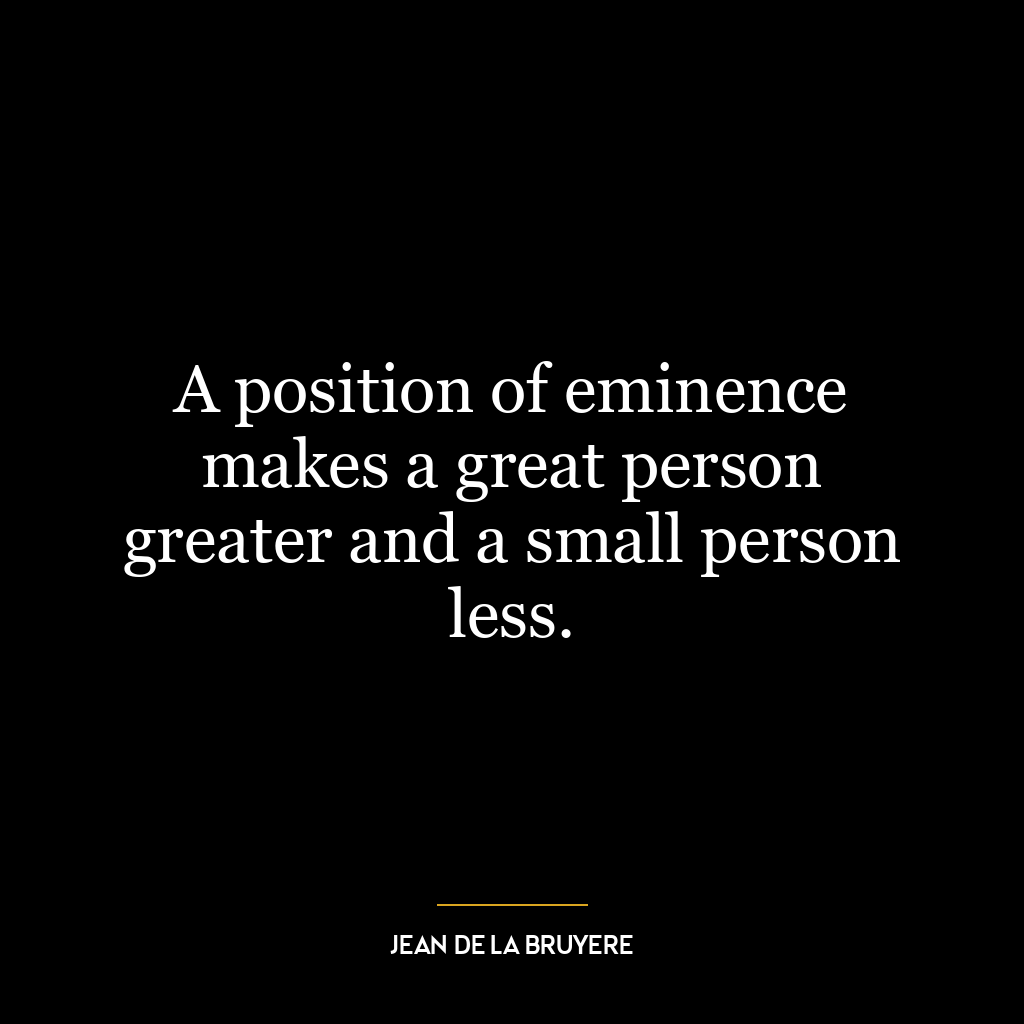This quote speaks to the concept of generosity and the joy derived from giving. It suggests that the act of giving, of having the power to positively impact another’s life, is more satisfying and agreeable than being on the receiving end. This is because giving not only helps others but also fosters a sense of fulfillment and happiness in the giver. It is a testament to the strength of human compassion and empathy.
This idea is often encapsulated in the phrase “it is better to give than to receive.” The power to give is not just about material possessions but also includes giving time, effort, attention, and love. It’s about having the capacity and willingness to help others, to share what we have even if it’s not in excess.
In today’s world, this idea is more relevant than ever. In a society that often emphasizes acquiring wealth and possessions, the quote serves as a reminder of the value of generosity and altruism. It encourages us to shift our focus from receiving to giving, from self-interest to communal care.
In terms of personal development, embracing this philosophy can lead to increased happiness and fulfillment. Studies have shown that acts of giving and kindness can boost our mood, reduce stress, and even improve our overall health. It can also help us develop empathy and compassion, essential traits for personal growth and strong social relationships.
Moreover, in a practical sense, this can be applied by volunteering our time to a cause we care about, donating to charities, or simply by helping a friend in need. The power to give is not limited to financial or material resources. It can be as simple as giving someone a smile, a word of encouragement, or a listening ear.
In essence, the quote is a call to action for us to harness our power to give and to find joy and satisfaction in the act of giving. It’s a reminder that while receiving can bring momentary happiness, the act of giving can lead to a deeper, more enduring sense of fulfillment and joy.















